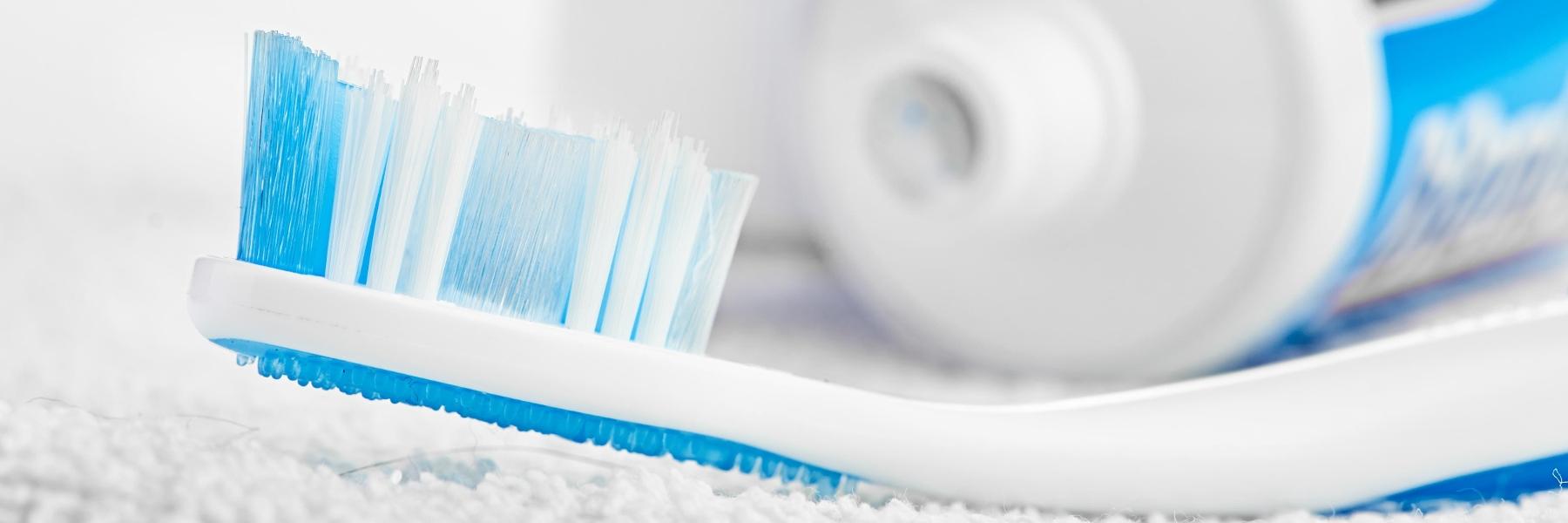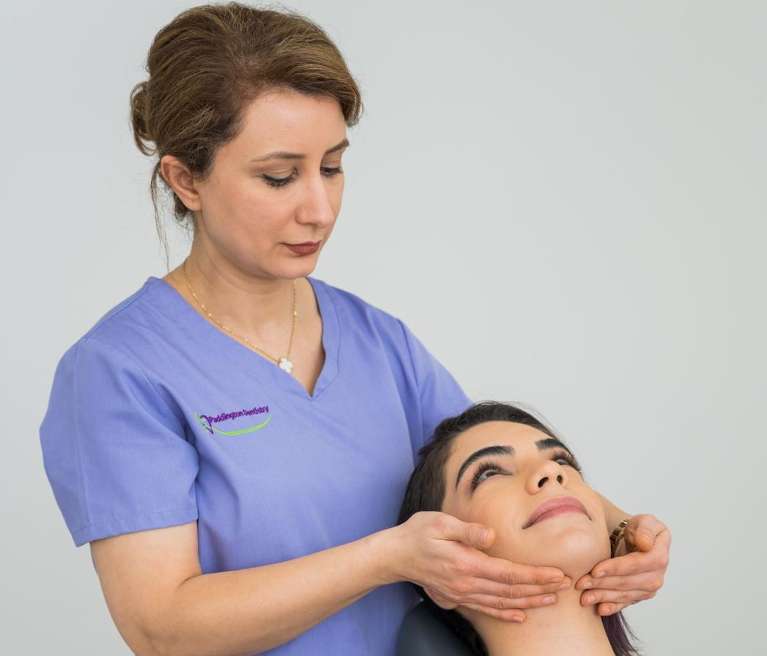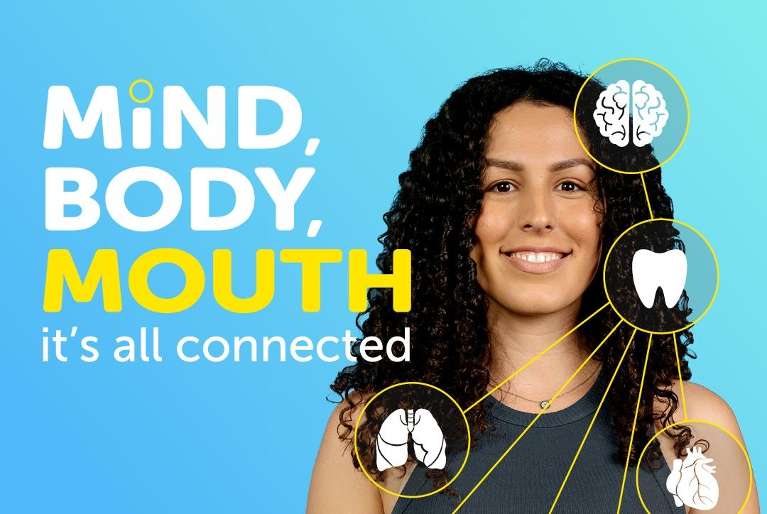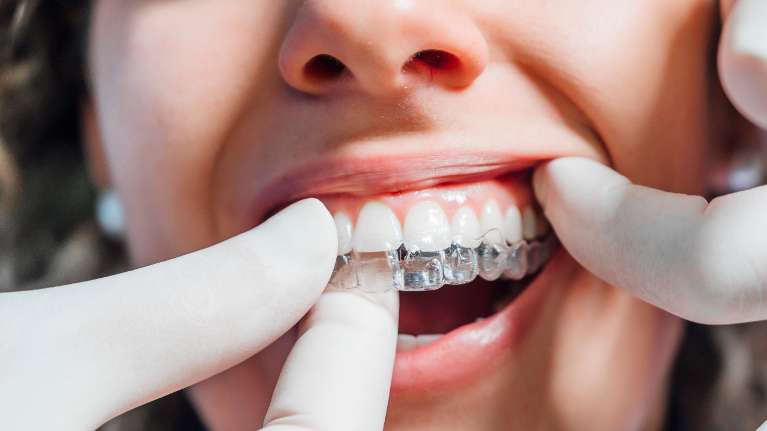
 Seeing the dentist is just one of those things that you tend to put off, though it always feels better after you have gone. It is common knowledge that we should visit our dentist every few months for a routine check-up (though most of us are guilty of being a little slack when it comes to this.) But there are several reasons why seeing your dentist every few months is important. These reasons go beyond putting your conscience at ease.
Seeing the dentist is just one of those things that you tend to put off, though it always feels better after you have gone. It is common knowledge that we should visit our dentist every few months for a routine check-up (though most of us are guilty of being a little slack when it comes to this.) But there are several reasons why seeing your dentist every few months is important. These reasons go beyond putting your conscience at ease.
What Happens During a Routine Check Up?
During a routine dental check up your dentist will examine your oral health to see if there are any areas of concern. Your dentist is actually checking for early signs of decay, gum disease, oral cancer, or other dental problems. Your dentist will use a metal probe and a small mirror with an angled handle. He or she will check for gum swelling and redness and measure the depth of the gingival pockets. Swelling, redness, and deep pockets are all signs of gum disease.
Your dentist will test how your upper and lower teeth come together and will look for evidence of tooth grinding or problems with the temporomandibular joint (which connects the lower jaw to the skull). They will also examine palate, and the soft tissues of your mouth (cheeks, tongue, lips, and floor of the mouth) for signs of infection or oral cancer, particularly if you are over the age of 35. If your dentist spots any problems, you will be notified and the most suitable plans of action will be discussed.
Benefits of Regular Dental Check-Ups
Prevention is better than a cure. If you are regularly cleaning your teeth and maintaining good oral habits, that is great! However, you should still be trying to visit your dentist at least every 6 months.
If you have any issues such as tooth decay, tmj dysfunction, or gum disease, your dentist will be able to stop it in its tracks before it becomes a bigger issue. This can only be done if you are visiting your dentist on a regular basis. Gum disease is one of the biggest causes of tooth loss. Therefore, seeing your dentist on a regular basis can detect gum disease at an early stage and thus save your teeth.
Two words: Root Canal. This procedure has an infamous reputation and is performed to save a tooth which is severely damaged from tooth decay. If you are diligent when it comes to visiting your dentist, any decay will likely need to be treated with a simple filling and may not escalate to the stage of needing root canal (or worse yet, extraction.)
If your tooth does need to be extracted due to gum disease or tooth decay, it can be replaced. However, you should think of the situation in this light: It is much cheaper (and easier) to stick to routine dental check-ups than undergoing one or more treatments to fix damage, diseased or decayed which could have otherwise been prevented or treated during the early stage if you had visited your dentist for a regular check up! Think of your teeth like your car: regularly maintained cars and teeth are less likely to produce costlier expenses down the line.
Being diligent with visiting your dentist regularly can also help you keep bad breath at bay. A dental check-up is the first step in combating halitosis. Not only does a regular cleaning prevent bad breath but it removes built up tartar and calculus, resulting in a fresh and clean mouth making you look and feel better.
If you are ready to take care of your oral health and you have private health insurance, make sure you make use of your benefits before they expire!
Brush Your Teeth
Along with maintaining regular dental check-ups, you should also be maintaining good oral hygiene practices at home.
- Brush at least twice a day for about two minutes at a time
- Use a soft-bristled toothbrush
- Floss your teeth regularly
- Brush your tongue
Taking care of your teeth at home will ensure more ease when it comes to your dental check-up. Believe it or not, we CAN see who has been taking care of their teeth at home versus who hasn’t!
Working together with your dentist will ensure that you are in good oral health. Book in to see the team at Paddington Dentistry today!



